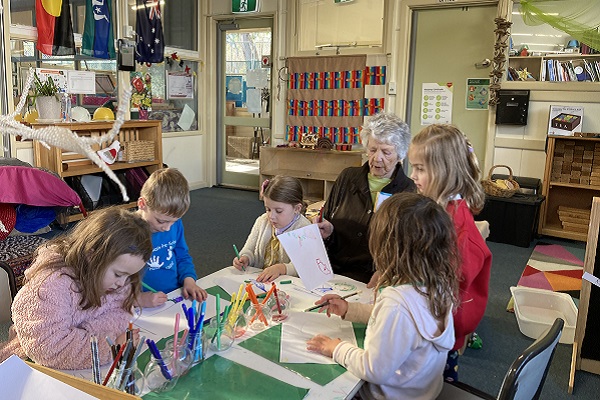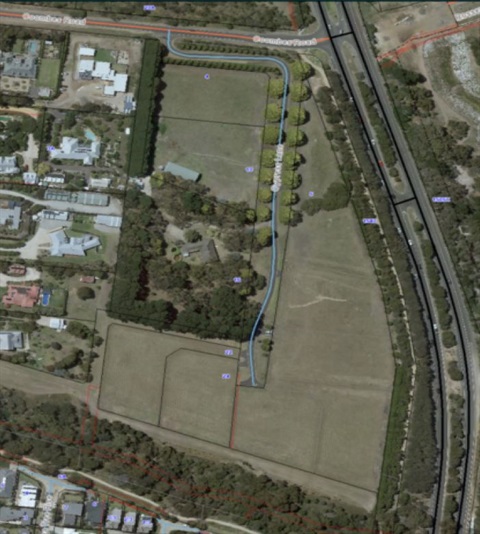The Royal Australian College of General Practitioners (RACGP) has warned that this year’s budget fails to address the fall-out of the COVID-19 pandemic and the future challenges of a fatigued health system.
It has not delivered on the planned reforms that would guarantee a stronger future for the nation’s primary health system.
The college’s main concern is that vital components of the Primary Health Care 10 Year Plan remain unfunded. Failure to meaningfully invest in this plan means that tonight’s budget did not address the gaps identified by the RACGP and other health groups, including aged care, mental health, disability, and funding to support chronic and complex care.
Tonight’s budget also failed to include funding for the implementation of the long-overdue reforms related to voluntary patient enrolment, aimed at providing more support for patients who need it most.
Whilst recognising these shortfalls, the RACGP has welcomed:
· $16.4 million to establish new endometriosis and pelvic pain clinics in general practice, ensuring that there is frontline, primary care support available to improve early diagnosis, treatment, and support, as well as $5.1 million to develop an Endometriosis Management Plan to support patients in primary care
· $81.2 million for a new Medicare rebate for genetic testing for cystic fibrosis, spinal muscular atrophy, and fragile X syndrome
· $296.5 million as part of the 10-Year Stronger Rural Health Strategy including more rural medical Commonwealth Supported Places and deregulation of MRI Medicare Benefits Schedule services for Australians in regional, rural, and remote areas
· $127.8 million for trauma-informed national counselling services to support victim-survivors and extending support for the Aboriginal and Torres Strait Islander Family Support Services for families who are experiencing, witnessing or at risk of family or domestic violence
· $55 million for the purchase and continued provision of essential Personal Protective Equipment for GPs and pharmacists.
The RACGP is also pleased to see the continued commitment to permanent universal telehealth.
RACGP President Dr Karen Price acknowledged the primary care budget measures but considered them underwhelming given the meaningful investment required for the long-term future of general practice patient care.
“In our submission to the draft 10 Year Plan, we stressed that high-quality care offered by GPs is at risk if substantial reform does not take place. Reform without proper investment is not worth the paper it’s written on,” she said.
“General practice is under enormous pressure delivering COVID-19 vaccines and soon we will be doing the same for influenza vaccines. We are helping patients who have delayed or avoided care during the pandemic, including those with mental health issues amidst a looming mental health crisis in Australia. To give general practice a helping hand we need to fix workforce gaps, particularly in rural and remote areas, and increase Medicare rebates to reflect the cost of providing high-quality general practice care for all patients no matter their postcode.
“Tonight’s budget simply did not live up to expectations on the 10 Year Plan. This is very frustrating given the time, resources, and effort we and many other health groups have put in over several years. The federal Government has failed to provide much needed funding to support vulnerable patient groups, including those with chronic and complex disease, and deliver on what is needed to ensure a strong future for primary healthcare in Australia.
“There is also a disappointing lack of new investment in Aboriginal and Torres Strait Islander healthcare. If we are serious about Closing the Gap, then surely giving greater assistance to general practices, Aboriginal Community Controlled Health Services, and other health services, to improve health outcomes must be a priority.”
The RACGP President said that the Government also missed a vital opportunity to institute voluntary patient enrolment.
“We know that continuity of care is linked to better patient relationships, better uptake of preventive care, increased access to care, and reduced healthcare use and costs,” she said.
“The Budget provides $0.5 million over 4 years to establish and maintain a governance and advisory group for the implementation of the 10 Year Plan. But we’ve already had 3 years of discussions and roundtables. We don’t need more of the same; we need action.
“This budget will do nothing to attract medical students to the specialty of general practice and this means that the sustainability of the most cost-efficient and effective part of the health system remains at high risk. A failure of investment in primary care puts every other part of the health system in jeopardy. We can’t afford to run out of GPs”
The RACGP Election Statement, Pre-budget submission and submission to the Primary Health Care 10 Year Plan all highlight why investment in general practice is more important now than ever before.
~








